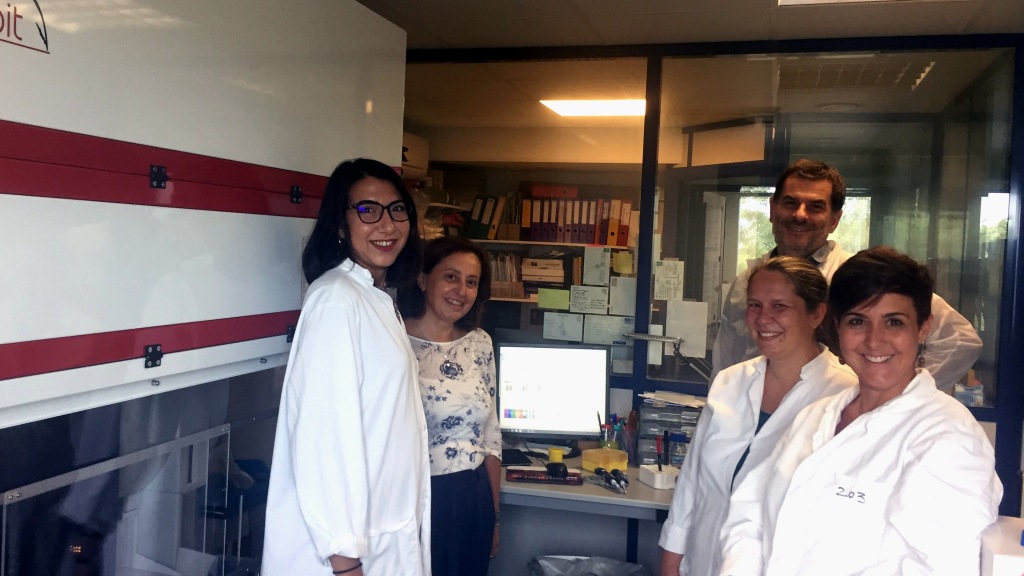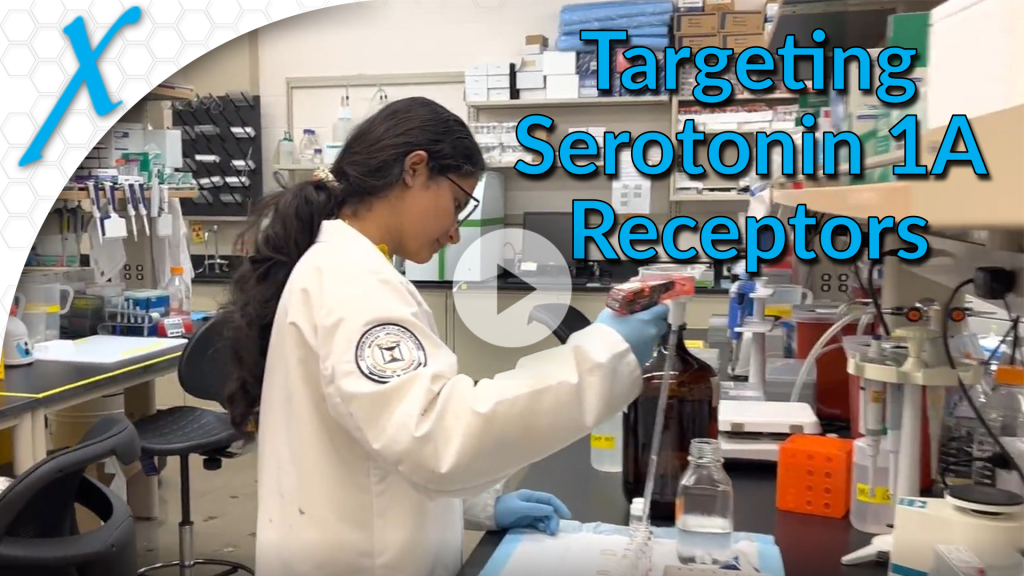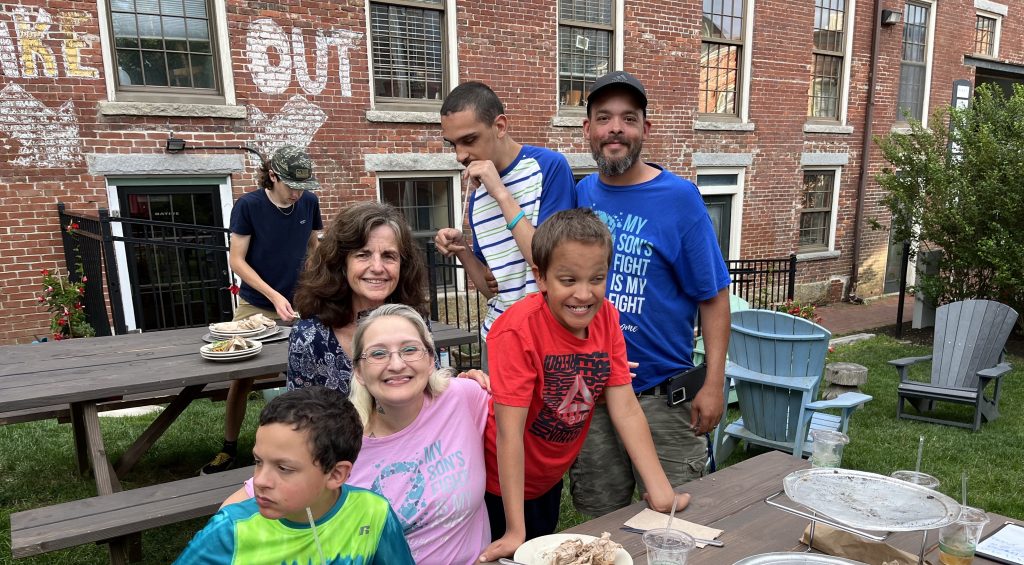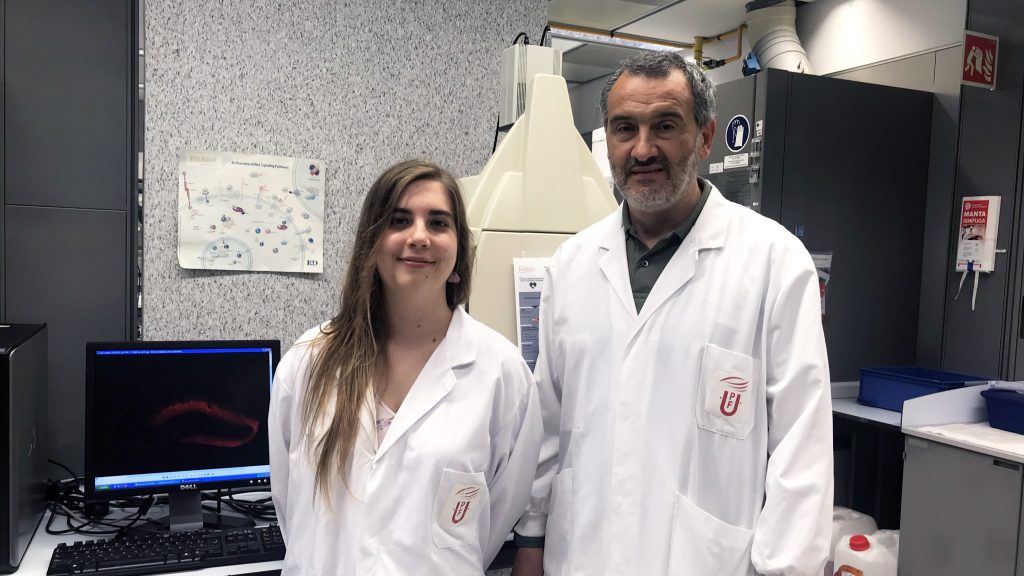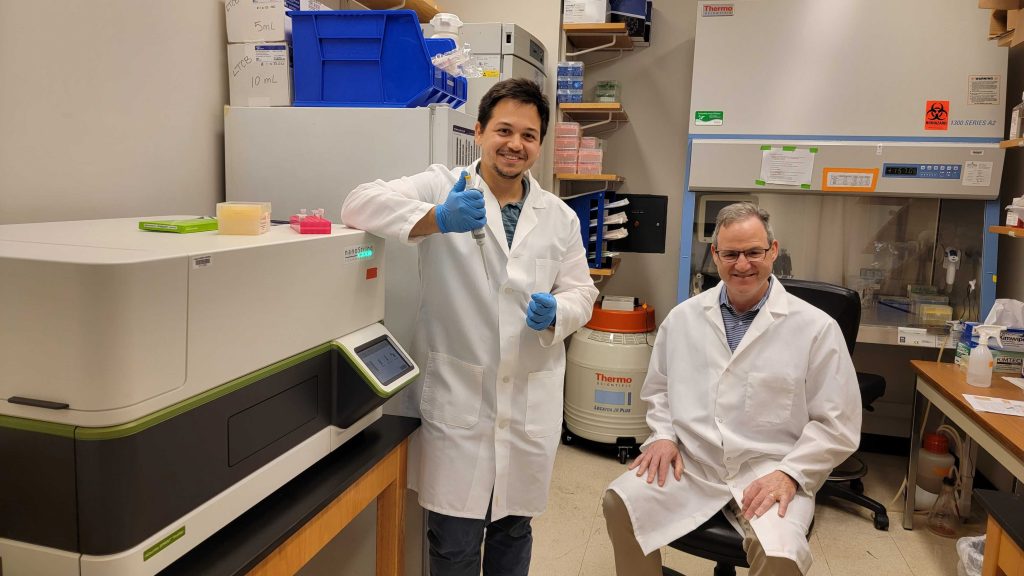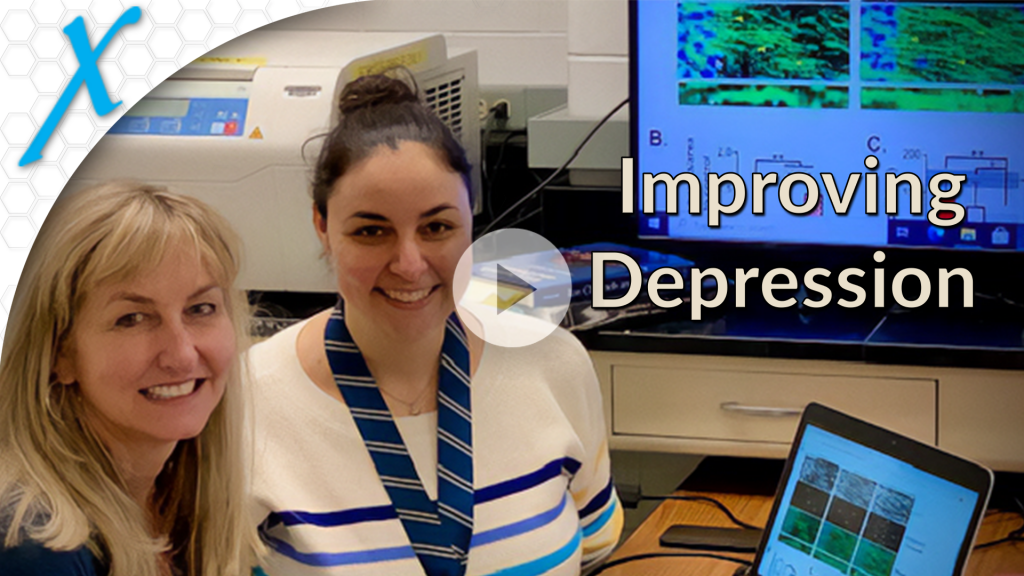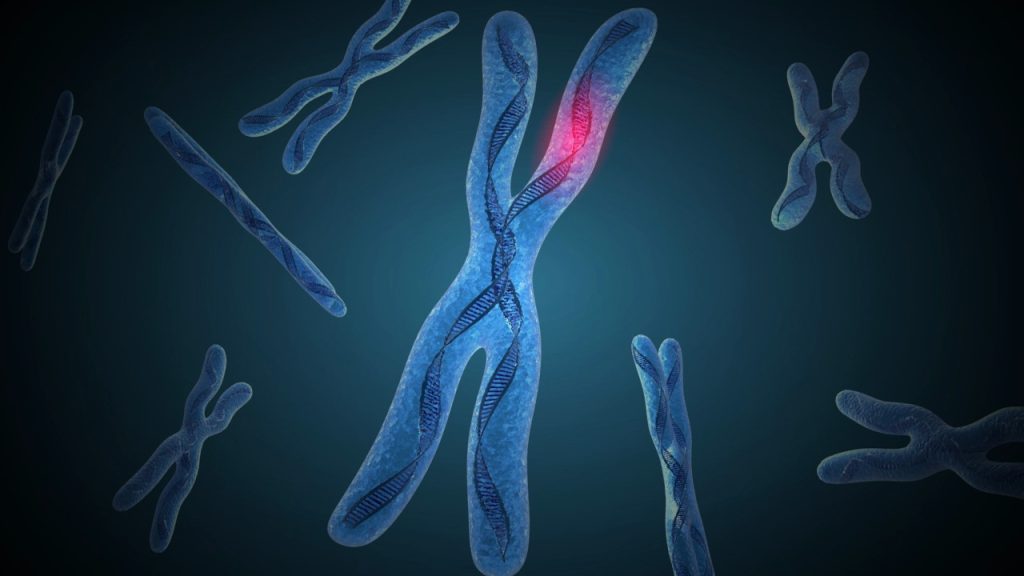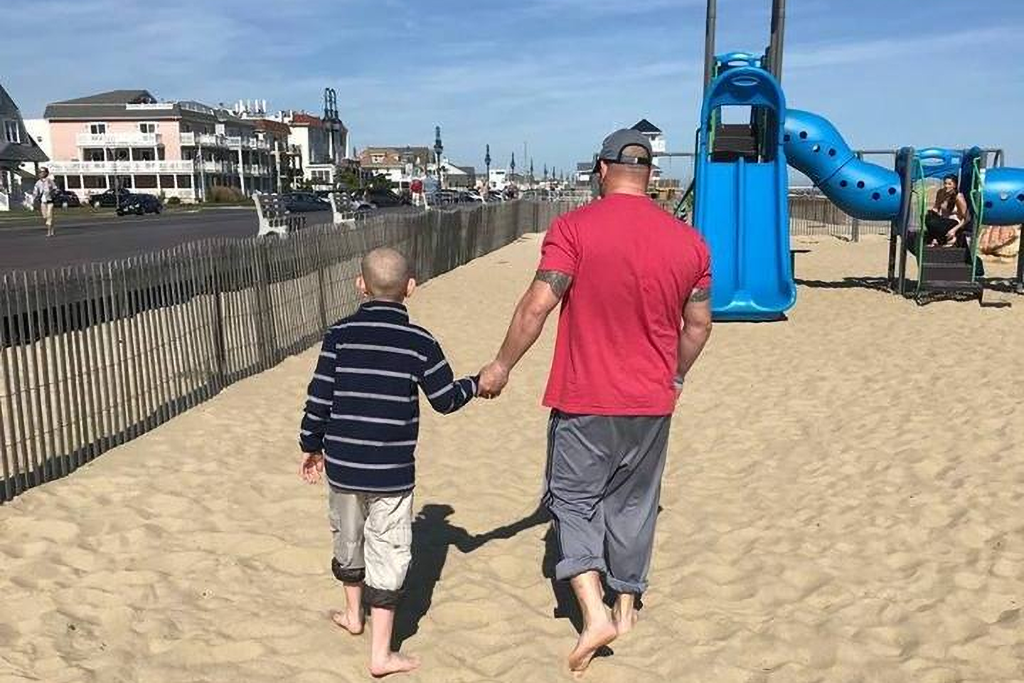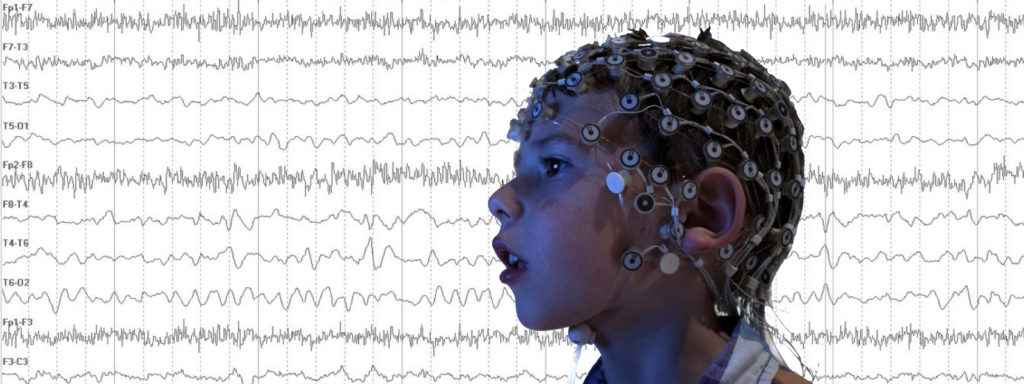Targeting Serotonin 1A Receptors in Fmr1 Knockout Mice
Boosting serotonin 1A receptors may reduce excess brain activity in Fragile X. This study will test serotonin-1A–targeting compounds in mice to guide future treatments.
FRAXA Volunteer Participates in Peer Reviewed Medical Research Program for the Department of Defense
FRAXA advocate Jennifer Frobish served as a reviewer for the Department of Defense’s medical research program, evaluating Fragile X–related proposals.
Families Come from Multiple States for Flatbread Pizza Fundraiser
We met Katie and other Fragile X families who welcomed us with open arms—it’s a wonderful feeling to know we’re not alone.
Patrick’s PALS 3-on-3 Basketball Tournament Returns with a Big Impact
Patrick’s PALS 3-on-3 Basketball Tournament returned after 3 years, raising nearly $150K for FRAXA with help from Shady Hill School!
World Fragile X Day Is Lighting the Way for Fragile X Research
On July 22, 383 landmarks worldwide lit up for World Fragile X Day—shining bright to raise awareness and celebrate research progress.
Why Pharma Companies Take on Fragile X, Explained
Research aimed at finding Fragile X syndrome treatments is exploding. Why are so many pharmaceutical and biotech companies investing in this orphan indication? FRAXA chief scientific officer Dr. Michael Tranfaglia explains the many reasons Fragile X is such a hot topic.
Charity Golf Tournament on Memorial Day Weekend Helps Fund Fragile X Research
Brothers Pete & Dave Hall’s 33rd Annual Golf Tournament raised $28K for FRAXA, bringing their 15-year total to over $262K!
Transcriptional Signatures Sensitive to Cognition-Improving Pharmacological Treatments in Fragile X Syndrome
This team is defining Fragile X “molecular signatures” to use as biomarkers. They’ll test CBD and other drugs in mice and compare findings to human brain data.
Characterization and Modulation of microRNAs in Fragile X Syndrome
MicroRNAs are disrupted in Fragile X; the team will work to understand this and explore ways to correct it with drugs which directly target microRNAs.
Built Jobsite BBQ Raising Funds for Fragile X Research
Built employee Jason and his team hosted a BBQ fundraiser for FRAXA after his sons, Jaxson and Alex, were diagnosed with Fragile X.
Repurposing FDA-Approved Drugs to Treat Major Depressive Disorder in Fragile X Syndrome
Depression is common in Fragile X, but current antidepressants need FMRP to work. Researchers will screen FDA-approved drugs to find effective options for FXS.
FMR1 Renamed to Fragile X Messenger Ribonucleoprotein 1
The efforts of the European Fragile X Network (EFXN) have led to the renaming of the FMR1 gene to “Fragile X Messenger Ribonucleoprotein 1” gene and the Fragile X protein, FMRP, to “Fragile X Messenger Ribonucleoprotein.” Families around the globe are celebrating the news as a significant step forward for acceptance and the removal of a term that evokes many negative feelings.
VLM Commodities Charity Week Raises $10,000 for Fragile X Research
“Living with Fragile X is what we do—we keep going forward,” Lou shared. “FRAXA gives purpose, and I’m proud to support Charity Week.”
How FRAXA Prioritizes Research, Explained
Dr. Mike Tranfaglia explains how FRAXA prioritizes research and the importance of looking at research from multiple angles. “It’s not either-or. It’s not we have a definitive treatment or we have a new drug treatment or we have a repurposing treatment. We can have all of those things, mixed or matched, in a personalized medicine kind of way and I think that’s what we’re headed for.”
Aggression, Other Fragile X Behaviors Tend to Ease Over Teenage Years
Behavioral problems such as hyperactivity and aggression are generally more frequent in younger children with Fragile X syndrome, becoming less common as they grow through adolescence and journey toward adulthood, researchers report.
Cape Coral Touch-A-Truck, Free, Family-Friendly Event
Join EHL Fragile X Foundation’s free Touch-A-Truck in Cape Coral! Explore fire trucks, police bikes, ambulances, swamp buggies, and more.
Wine and Friends Are a Great Blend for Fragile X Research
Debra and Kevin hosted their first annual event for FRAXA in honor of their grandson Jackson, who has Fragile X syndrome.
What FRAXA Is Excited about in the Upcoming Fragile X Research Grants, Explained
Dr. Mike Tranfaglia shares what FRAXA is excited about as we work through reviewing all of the submitted Fragile X research grant applications. We find it especially exciting that so many new clinical trials are starting right now, as our major emphasis is getting the drugs and other treatment strategies that we have tested in the Fragile X mouse model to patients in clinical trials.
Gordon Research Conference for Fragile X and Autism-Related Disorders, Explained
The Fragile X and Autism-Related Disorders Gordon Research Conference is a biannual event that provides an international forum for the presentation and discussion of frontier research in these conditions. Dr. Mike Tranfaglia explains why this is the premier conference for researchers and the scientific community.
Recruiting: BRIDGE Study (BRain Indicators of Developmental Growth)
This study from the Wilkinson Lab at Boston Children’s Hospital is investigating how differences in brain activity affect learning, language and behavior in children with Fragile X syndrome, Down syndrome, and Autism Spectrum Disorder. One of the goals is to find brain markers that predict cognitive, language, and behavioral difficulties in these groups. Another goal is to better understand the differences in brain activity between young children with and without Fragile X and Down Syndrome, and whether these differences are similar in children with Autism Spectrum Disorder.
Recruiting: Clinical Study of Non-Invasive EEG for Children Ages 2-7
Dr. Carol Wilkinson, MD PhD at Boston Children’s Hospital is recruiting children ages 2-7 years with Fragile X syndrome to participate in a study of EEG.
Making Mittens for Fragile X
Carol spends over 2 hours crafting each fleece-lined mitten. Her handmade creations warm hands and support Fragile X research.
Meet Archie!
Meet #FriendofFRAXA Archie! If you would like to nominate someone as a #FriendofFRAXA, we welcome all who have been touched by Fragile X, including friends, grandparents, siblings, professionals and companions alike to become a #FriendofFRAXA with the goal of putting a face to Fragile X for those who may not know someone directly.

